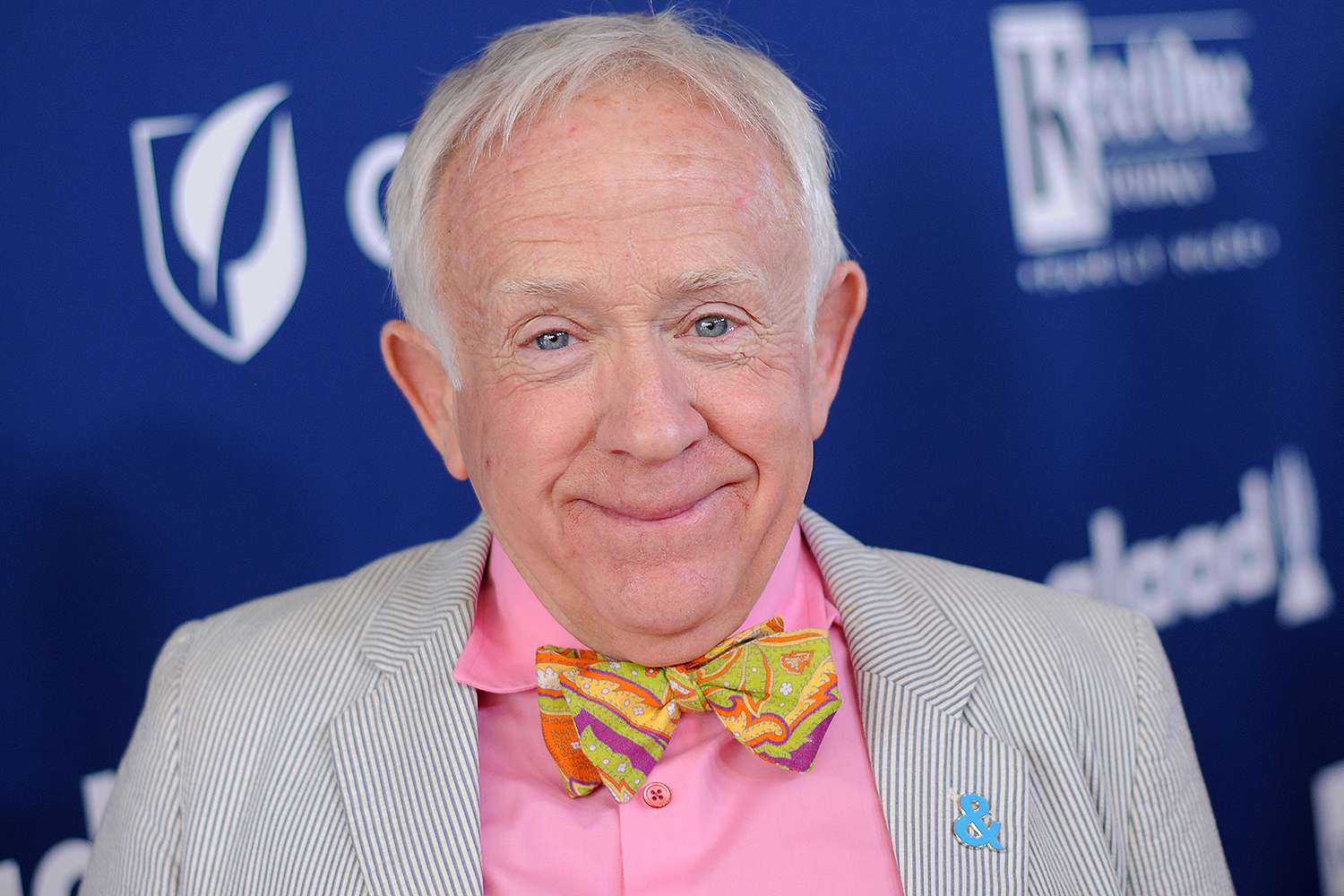With the recent death of Leslie Jordan comes questions about what happens if a medical emergency precipitates an accident.
Jordan is well known to Will and Grace fans as Beverley Leslie (among other roles) and as an LGBTQ icon who entertained us on Instagram during the pandemic as a sort of “feisty quarantine uncle.”
In Leslie Jordan’s case, the accident was a single car one in which he crashed his car into the side of a building.
Speculation is that he suffered some sort of medical emergency prior to the impact; whether that was the cause of his demise or he did something careless prior to the crash or the impact itself was the cause or some combination of these things was the cause has (not so far) been determined.
Regardless, his untimely death at just 67 years old is a tragic loss of a beloved actor and comedian.

Car crash injury cases arise due to negligence
Negligence is short-hand for failing to use reasonable care under the circumstances that results in damage or injury to another.
Legally speaking, an injured person must establish (1) duty of care; (2) breach of that duty; (3) proximate causation; and (4) damages. More simply, a driver is expected to follow the traffic laws, observe the rules of the road, pay attention to the surroundings and conditions and just generally take appropriate precautions to drive in a safe manner at all times.
One defense that has the potential to defeat a negligence claim in a car accident arises when a driver suffers an unexpected medical emergency that causes him to lose consciousness or become incapacitated, as Leslie Jordan may have.
If true, then the medical emergency is an obstacle to establishing that the driver failed to use due care such that she/he is now responsible for the resulting damages. (To person, or in the case of Leslie Jordan, the property.)
In order to avoid liability via a sudden and unexpected loss of capacity, a defendant in a Florida car crash must prove more than just a loss of consciousness or capacity, but also that:
See e.g. Abreu v. F.E. Dev. Recycling, Inc., 35 So. 3d 968 (Fla 5th DCA 2010).
Medical history, records may be pertinent
Asserting such a defense means that the defendant’s medical history and medical records — which in an ordinary negligence case are not generally relevant, become so.
While appropriate medical expert testimony may also be needed, it’s also important to obtain and then thoroughly review the defendant’s medical records for pertinent information as to the issues of foreseeability and suddenness. For example, signs that the defendant:
- had a prior history of similar issues as those that caused the medical event that allegedly precipitated the accident – perhaps prior instances of fainting/syncope, heart attacks, or strokes, etc.;
- or had been advised to be on the lookout for certain signs and symptoms of such a malady or even more seriously, been advised not to drive;
- or had been recommended to have more relevant medical tests or procedures done;
are just a couple of examples of pertinent information.
By way of example, if a driver suddenly loses consciousness and as a result runs a red light and crashes into another driver, much could depend on whether that driver had a prior history of unexplained fainting and had been warned not to drive by his doctor.
If you’ve been in an accident that wasn’t your fault, regardless of the other’s driver’s seeming medical condition, it’s important to speak with an experienced Sarasota or Bradenton or Lakewood Ranch car accident lawyer as soon as possible after the car crash.
Consultations are always free and without obligation and when you hire us, we only get paid if we win.